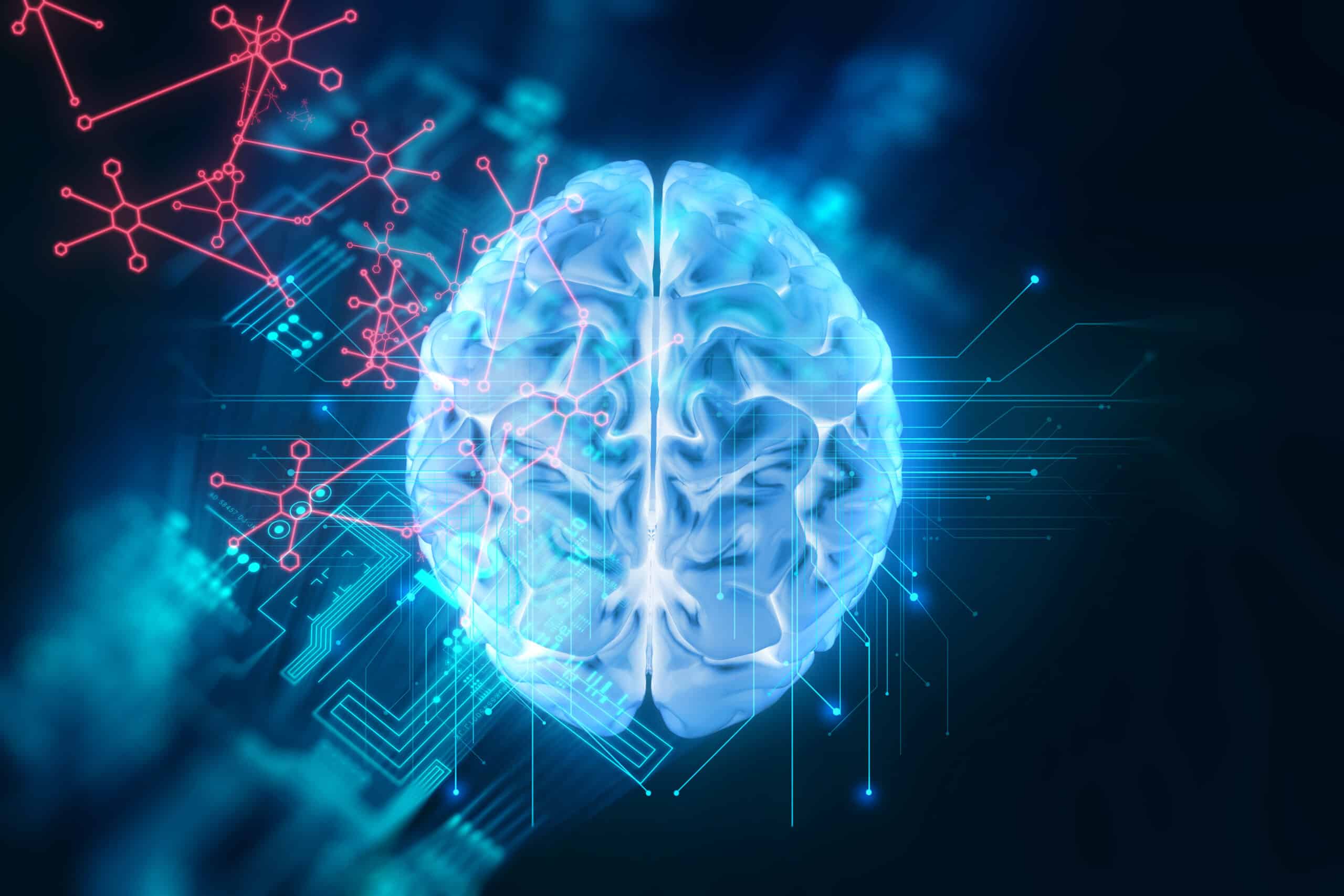ALS Mouse Models Respond Positively to Gene Therapy
QPS Neuropharmacology
Amyotrophic lateral sclerosis (ALS) is a neurodegenerative disease that currently affects about 4.42 in every 1,000,000 people worldwide. While there are a number of approved pharmaceutical treatments to slow disease progression, there is currently no cure for the disease. However, a new study published in the journal Theranostics could get researchers one step closer to …
Vaccines Prove Promising in Alzheimer’s Mouse Models
QPS Neuropharmacology
More than six million Americans are currently living with Alzheimer’s disease (AD). While there is no cure for this devastating illness, several pharmaceutical companies are working to develop immunotherapeutic vaccines designed to prevent and reduce AD symptoms. Now, through a series of experiments with Alzheimer’s mouse models, University of Kansas researchers have discovered a possible …
How the Human Brain Generates Neuronal Activity During a Near-Death Experience
QPS Neuropharmacology
“My life flashed before my eyes.” The phrase is a common metaphor, meant to suggest that someone survived a near-death experience or another close call. But the phrase also has scientific origins, rooted in a process known as “life recall” that is said to occur in the moments before death. The phenomenon has been an …
What an Animal Model Can Teach Us About the Human Body’s “Internal GPS”
QPS Neuropharmacology
If you’ve ever been lost in an airport, there’s a good chance you’ve relied on your fellow travelers to navigate the chaotic space. You might follow a large group to the security checkpoint, observing the natural flow of the crowd as you get your bearings. We humans are observant creatures, and learning by observation is …
Parkinson’s Disease Model Sheds Light on Brain Circuit Therapy
QPS Neuropharmacology
Parkinson’s disease creates a number of motor and non-motor symptoms, ranging from tremors and loss of balance to depression. With such a variety of symptoms impacting patients, medical professionals are often forced to prescribe different medications to treat each symptom. But now, MIT neuroscientists have identified three distinct brain circuits that influence both motor and …





